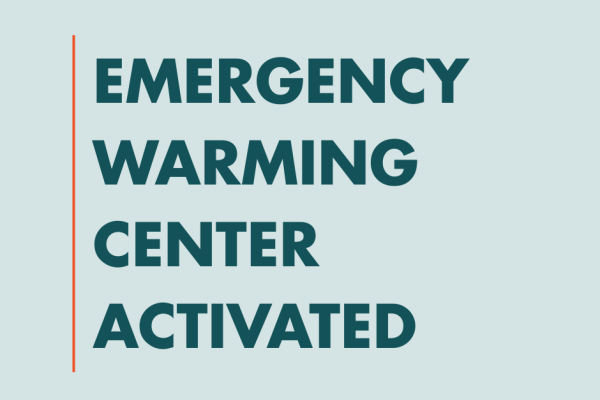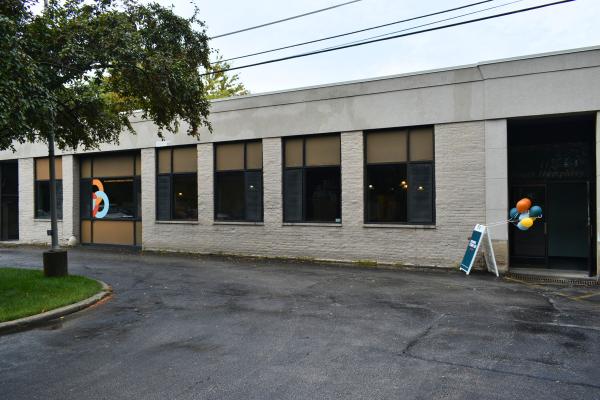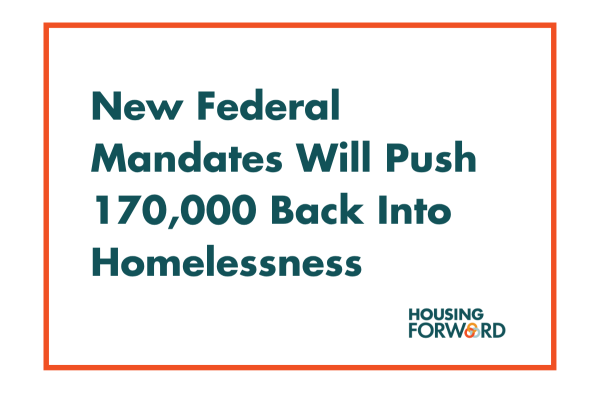Housing Costs and Minimum Wage

Tom Holmes is a Forest Park resident who is a retired minister and longtime volunteer for Housing Forward. Tom is also a contributing reporter and blogger for several local newspapers.
The National Low Income Housing Coalition decided to check out how raising the minimum wage would affect homeless people, so they figured out what the rent on a decent one bedroom apartment would be state by state—California being the highest of course. Then they calculated how many hours at minimum wage people would have to work per week in order to pay the rent. Here are the stats for some of the states:
Illinois - 75 hours
Wisconsin - 67 hours
Alabama - 61 hours
South Dakota - 49 hours
California - 92 hours
And this is just for housing!
The report used the federal minimum wage of $7.25 an hour to make the calculations, understanding that some states have higher minimum wage laws on the books. They also used a statistic called the fair market rental price in each state (defined as the 40th percentile of rents for typical, non-substandard rental units, including the cost of utilities). They gave the name Jane Doe to a typical worker and came up with the following analyses.
The average national FMR price for a one-bedroom apartment is $806 per month. That means Jane would need to work 86 hours per week in her minimum wage job to afford the cost of rent.
To rent a one-bedroom FMR apartment, Jane would need to earn $15.50 per hour. This is more than twice the federal minimum wage of $7.25 per hour. Even the proposed federal minimum wage of $10.10 per hour would be insufficient for Jane to rent an apartment.
To rent a two-bedroom FMR apartment, Jane would need to earn $19.35 per hour.
The report concludes, “There’s no state in America in which a person working a full-time job that pays minimum wage can afford to rent a one-bedroom apartment. Unfortunately for Jane, findings in the "Out of Reach" report show that her situation is unlikely to improve any time soon. Nationally, rents are rising, wages are lagging behind, and there is a limited supply of affordable housing. With all these barriers to renting an apartment, it’s easy to see how Jane might end up doubled-up with family or friends, severely burdened by the cost of her housing, or homeless.”
David Pickard, the Development Manager for Housing Forward, concluded that the report shows “the disconnect between the idea that disadvantaged populations just aren’t working hard enough and the reality of most situations.” He added, “The report is doubly relevant because of the economic climate in Illinois right now, and the looming cuts to the state budget.”
To see a U.S. map with the number of hours of work needed to pay the FMR for a one bedroom apartment state by state go to http://www.endhomelessness.org/blog/entry/why-minimum-wage-isnt-enough#.VXnj0_lViko.
For Media Inquiries Contact
Libby Foster
lfoster@housingforward.org
708.338.1724 ext 210


